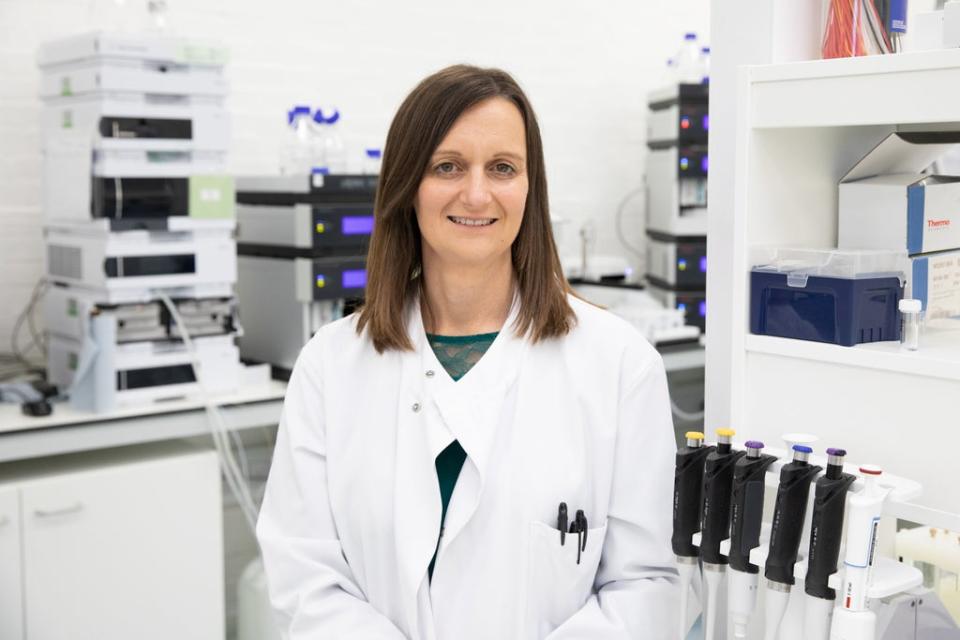Inside Arecore: The UK biotech that’s one of 2021’s top IPOs

Its launch onto the public market this year may not have been accompanied by the headlines and hullabaloo of a Darktrace or Deliveroo.
But biotech Arecor’s performance since its float in June has left most of 2021’s more high profile UK IPOs for dust.
After launching on AIM at 226p it rapidly shot up to 250p and earlier this month shares reached a high of 450p, double the placing price and lifting its market cap north of £100 million.
Oxford Nanopore, 2021’s noisiest UK biotech float, is up by a comparatively modest 63%.
This quiet success is fitting.
Arecor, which employs a team of around 40 scientists and execs at its HQ in Cambridge, works mostly behind the scenes to soup up the shelf-life, stability, efficacy and ease-of-use of drugs manufactured by the big-time pharma firms.
It has toughened up vaccines so they can be transported outside the cold chain, the global sub-zero medicines logistics network.
It is developing ways to safely store ready-to-use liquid suspensions of powdered drugs for acute surgery, bypassing the need for meticulous mixing under the pressures of emergency surgery.
The company has amassed around 50 patents since being spun-off from Incense, which was itself a spin-out of FTSE 100 consumer goods group Unilever, in 2007 under Jan Jezek who remains in place as chief scientific officer.
In that time it has built up a chemical toolbox called Arestat, deployed to tune up therapies developed by third party pharma firms. Think of it like Abarth dropping a Ferrari engine into a Fiat 500.
Sarah Howell, 46 who has spent her career in pharma and stepped up as Arecor’s CEO in 2015, said: “The essential technology is about overcoming and counteracting issues that many of the big products have so you can enhance them effectively.
Named partners include US giant Eli Lilley, the London headquartered generics manufacturer Hikma and Californian biotech Inhibrx.
Other major pharma firms have also shown up at its doorstep with difficult drugs in tow but have so far kept their cries for help below-the-radar.

Howell said: “Over time we’ve built deep relationships with major pharma, partly based on the fact that they’ve come to us with the problem children they’ve not been able solve, and we’ve been able to deliver back to them something that they can’t achieve.
“That has built up trust as they’ve understood our tech brings something to the table.”
Arecor’s technology licensing model sees partners pay a mixture of royalties and milestone payments on sales, with the partner responsible for manufacture and marketing.
The company has also used its technology to develop two proprietary diabetes treatments now in phase II clinical tests: one faster-acting than existing insulin doses, the other more concentrated.
Both will give patients greater control over managing their conditions and, Arecor reckons, could be game-changers in the $6.4 billion mealtime diabetes market, while also showcasing its technology.
The bumper IPO raised £20 million for the company which is being ploughed into further development as it prepares to take its first product to market in 2023.
Howell added: "That will be a milestone for us and particularly for Jan. He’s invested a significant proportion of his time, energy and career into Arecor.
“And now he really wants to bring some genuine benefit to patients from the company that he founded in a little lab in Colworth [Unilever’s Bedfordshire research centre] a long time ago."

 Yahoo Finance
Yahoo Finance 